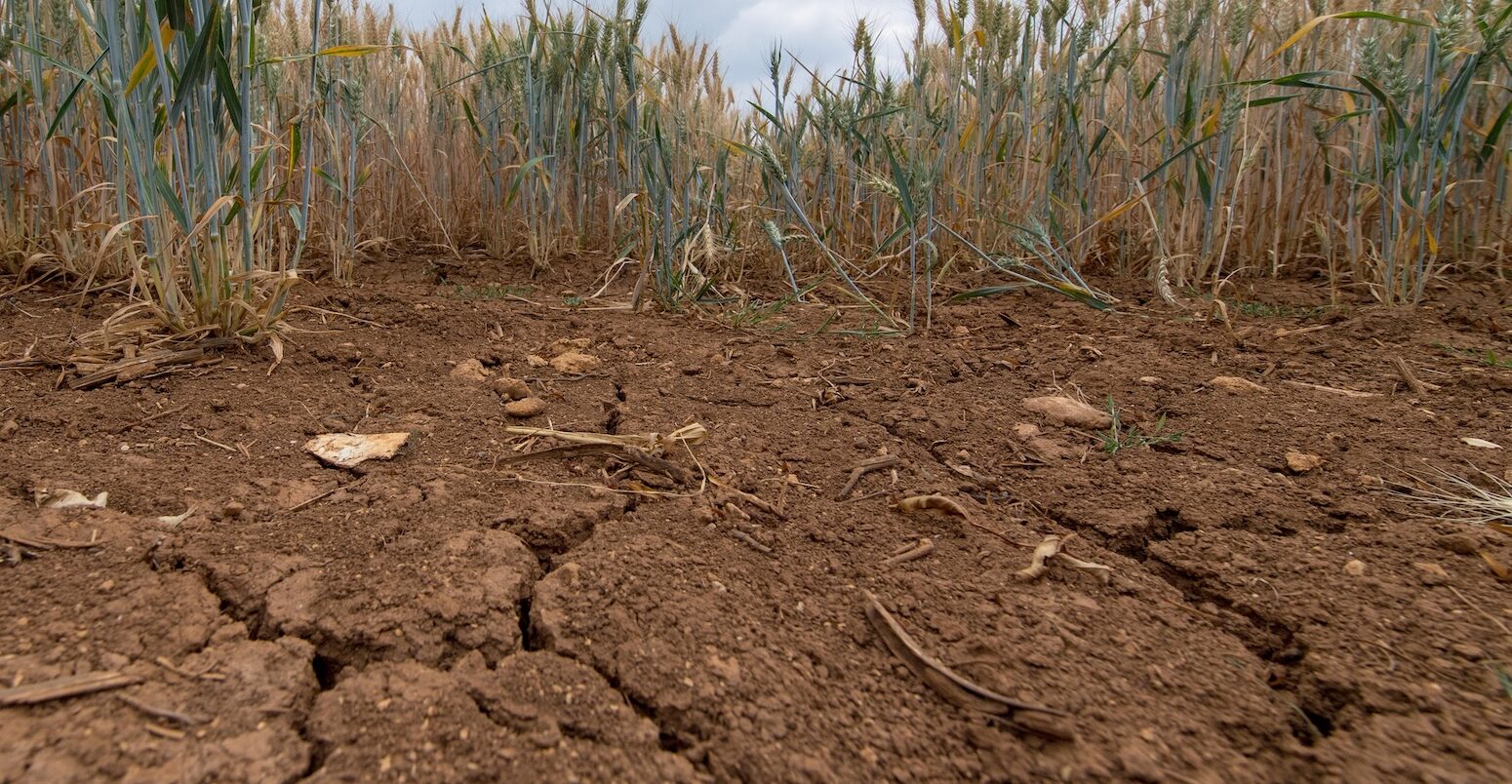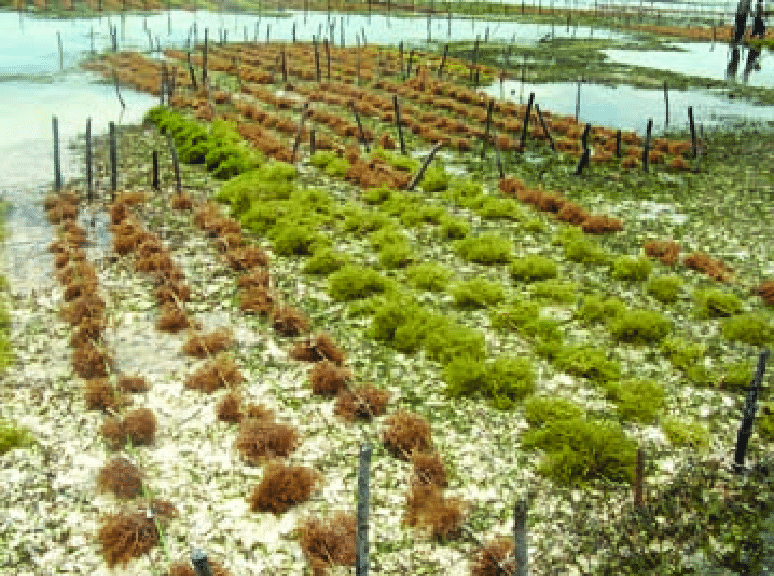Dr. Chelestino Balama, the Director of Forest Utilization Research at the Tanzania Forest Research Institute (TAFORI), recently highlighted the importance of the forestry sector during a visit by forestry and beekeeping artisans and journalists to TAFORI’s offices. In his address, Dr. Balama emphasized that investing in the forestry sector not only enhances incomes for communities but also plays a crucial role in protecting biodiversity, which is essential for sustainable development. He underscored the interconnectedness of economic growth and environmental stewardship, asserting that healthy forest ecosystems contribute significantly to the livelihoods of local communities and the overall national economy.
Dr. Balama detailed the various research initiatives TAFORI is undertaking to address critical issues in forestry utilization. He explained that these research projects are designed to improve community incomes through sustainable forest management practices, which also support the conservation of natural resources. By developing innovative solutions and best practices, TAFORI aims to empower local artisans and stakeholders in the forestry sector, enabling them to harness the economic potential of forests while ensuring their preservation for future generations. His remarks reflect a broader vision of integrating environmental sustainability with economic opportunities, ultimately paving the way for a more resilient and prosperous society in Tanzania.
One such research project focuses on tree planting in various areas to provide accurate information on suitable tree species for specific regions, he said, pointing out that it is encouraging that many youths are engaging in this activity, helping to diminish their pursuit of regular employment.
The institution analyses different tree or seed species to understand their contribution to conserving ecosystems at various places as well as targeted raw materials in the forestry industry, he said.
This activity has a significant contribution to job creation for young people involved in the entire forest value chain, he asserted, while Dr Stephen Maduka, TAFORI senior research officer, highlighted other innovations.
He explained the setting up of a research tree nursery designed to preserve and multiply seedlings of Indigenous trees, identifying valuable inclusions known locally as mkurungu, msandali and msekeseke.
These tree types are extensively harvested for making furniture, he said, noting that the work will considerably help in enhancing the value of native fruit trees.
Allen Kazimoto, the acting director of beekeeping research, encouraged young men and women generally to actively engage in beekeeping, after learning the tools to ensure the quality of bee products at par with local and international market standards.
Farmers near honey-producing zones need to stop using agricultural pesticides that lead to sharp declines in the bee populations, he stated
TAFORI research programmes and training the next generation of forestry researchers and professionals were being pursued through its educational and outreach programmes, he added.




